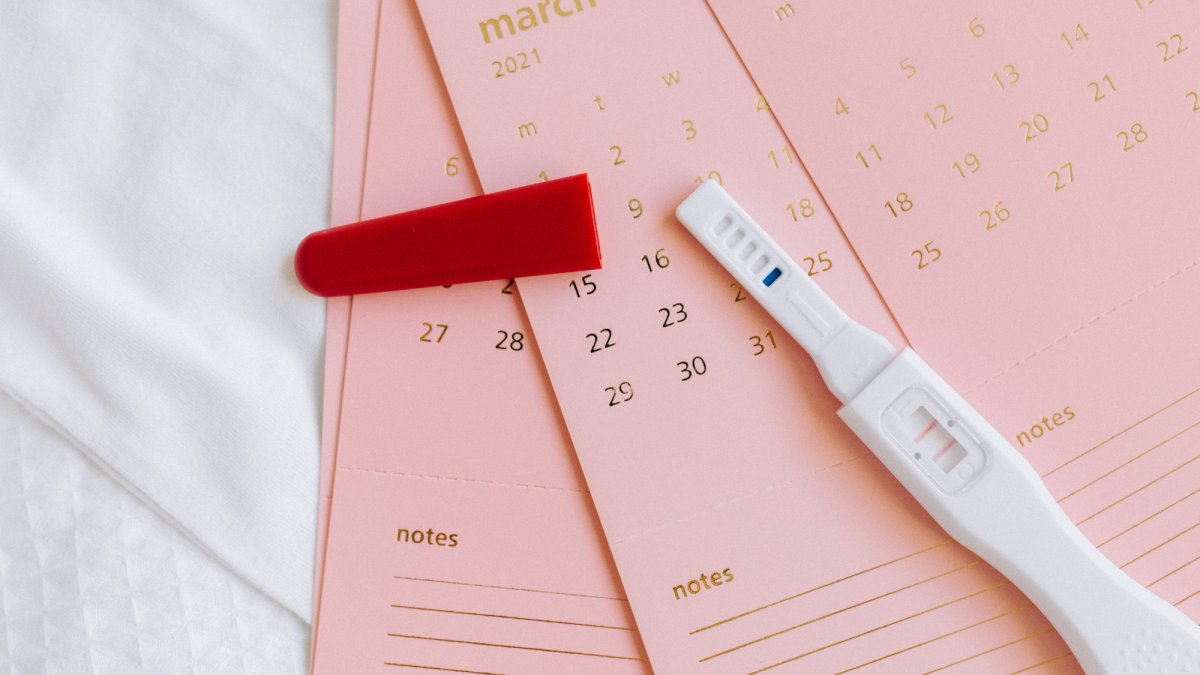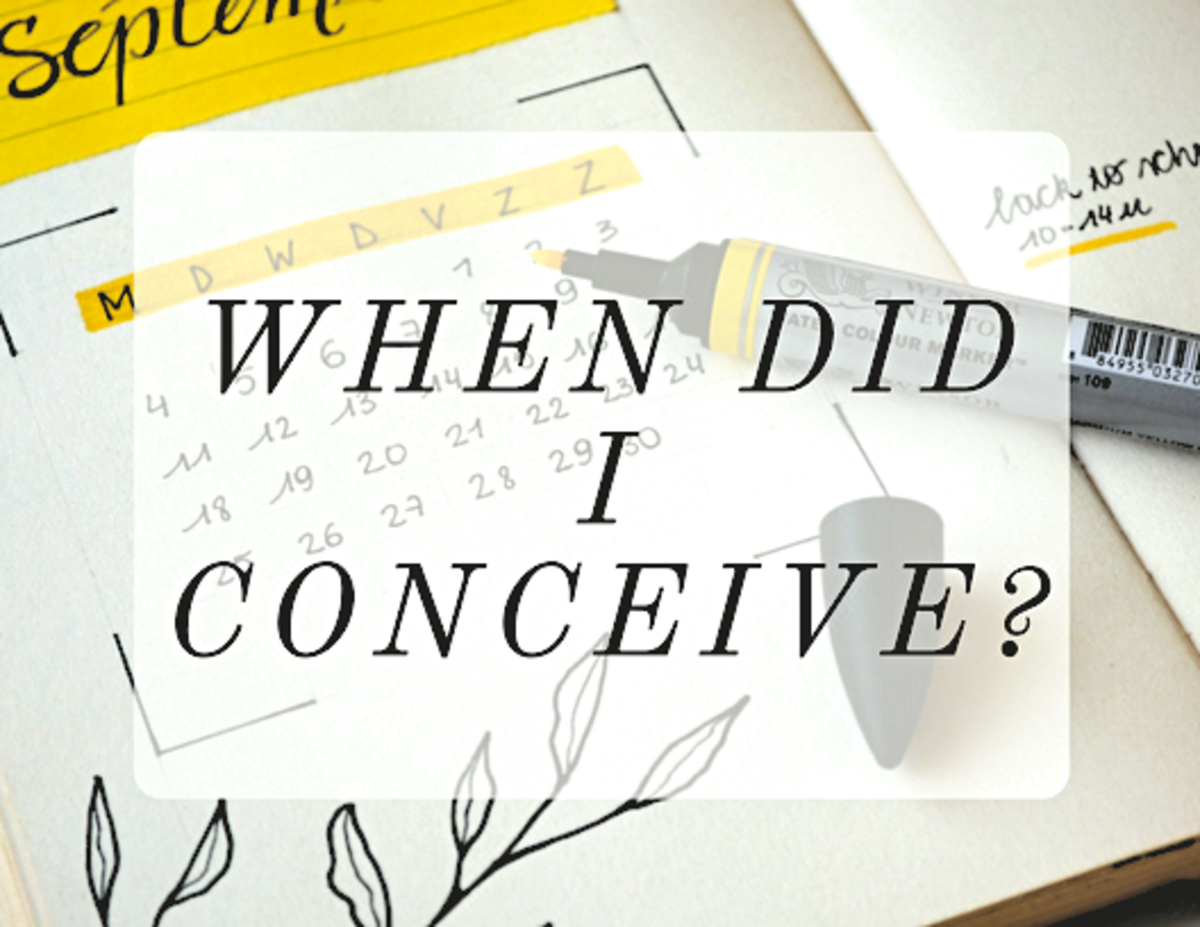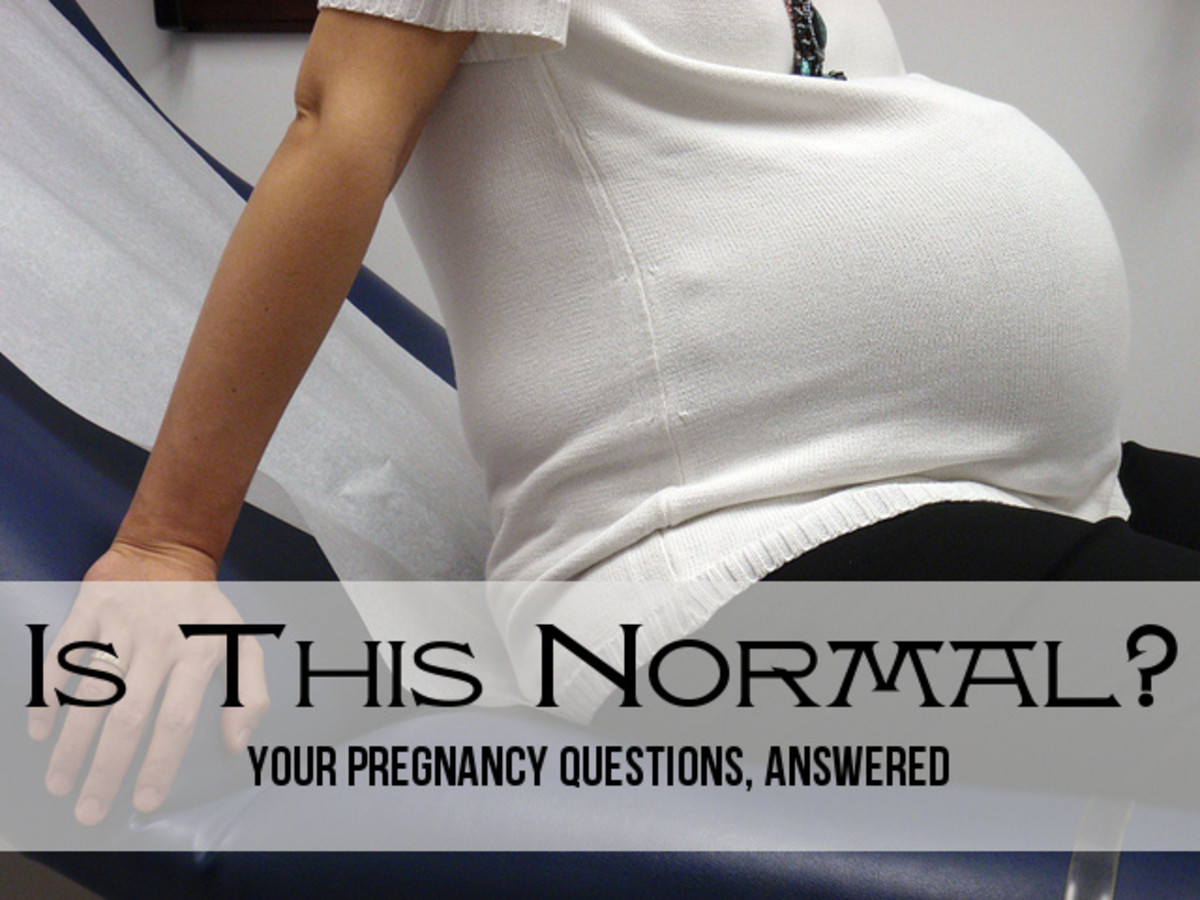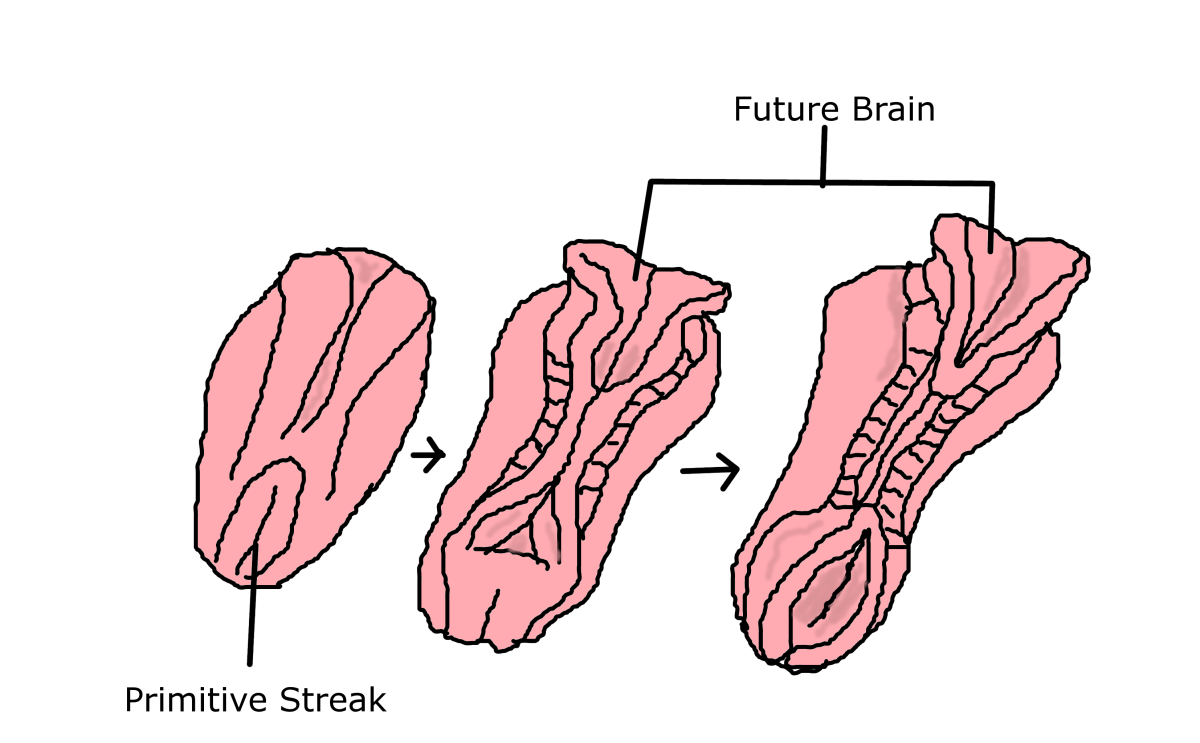Pregnancy Week By Week: Week Two
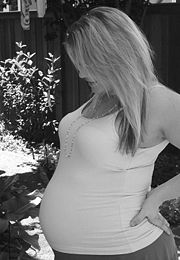
Are you pregnant yet? Not exactly, but maybe soon! Week Two of pregnancy actually starts before a new egg drops, which is of course before fertilization, so technically you're not even pregnant yet. What? Week Two of pregnancy and not pregnant? Why the wacky counting scheme? Read all about it in Week One. Suffice it to say that approximately 14 days after the start of your last menstrual period (LMP), or put another way 14 days before you start again, you ovulate. When this occurs the egg travels through fallopian tube into the uterus where it patiently waits for that one lucky Sperminator.
Timing Is Everything
It's hard to believe but it's actually much more difficult to conceive than what your junior high health teacher may have led you to believe. There are only about four days a month to get the deal done. To conceive, a sperm needs to reach a single egg, which only lives a few days inside the uterus.
Learning how to determine your fertility times can be helpful in getting pregnant. You can learn how to track the day you ovulate by taking your temperature, noting your menstrual cycle on a calendar, and observing the consistency of your cervical mucus. Most women have a thicker, stickier discharge around ovulation. This substance helps to keep the sperm in place until fertilization can occur.
If you can get a rough idea of your ovulation date you have a much better chance at conception, especially if you try for ten days in a row. Get those sperm in there before, during, and after the egg drops for best results.
When Will It Happen?
The good news is, most women have no trouble getting pregnant - eventually. However, once you decide you're going to take the plunge, it can seem like forever from intention to conception. Even if you only try for a few months it can be frustrating. Infertility is defined by many experts as the inability to get pregnant after at least one year of trying. Repeated pregnancies ending in miscarriage also constitutes infertility.
According to the U.S. Department of Health and Human Services, about 12% of women aged 15-44 have trouble getting pregnant. It can be an issue with the woman or the man. Of course, you should ask your doctor if you have any concerns, but the Department of Health and Human Services recommends women under the age of 30 not worry unless they have been actively trying for more than a year. They also suggest that women over 30 see their doctor after six months of trying.
This website has simple, clear answers to the most common questions about infertility.
Other articles in this series:
Week Three
Week Four
Week Five
Week Six
Week Seven
Week Eight
Week Nine
Week Ten
Week 11
Week 12
Week 13
Week 14
Week 15
Week 16
Week 17
Week 18
Week 19
Week 20
Week 21
Week 22
Week 23
Week 24
Week 25
Week 26
Week 27
Week 28
Week 29
Week 30
Week 31
Week 32
Week 33
Week 34
Week 35
Week 36
Week 37
Week 38
Week 39
Week 40





